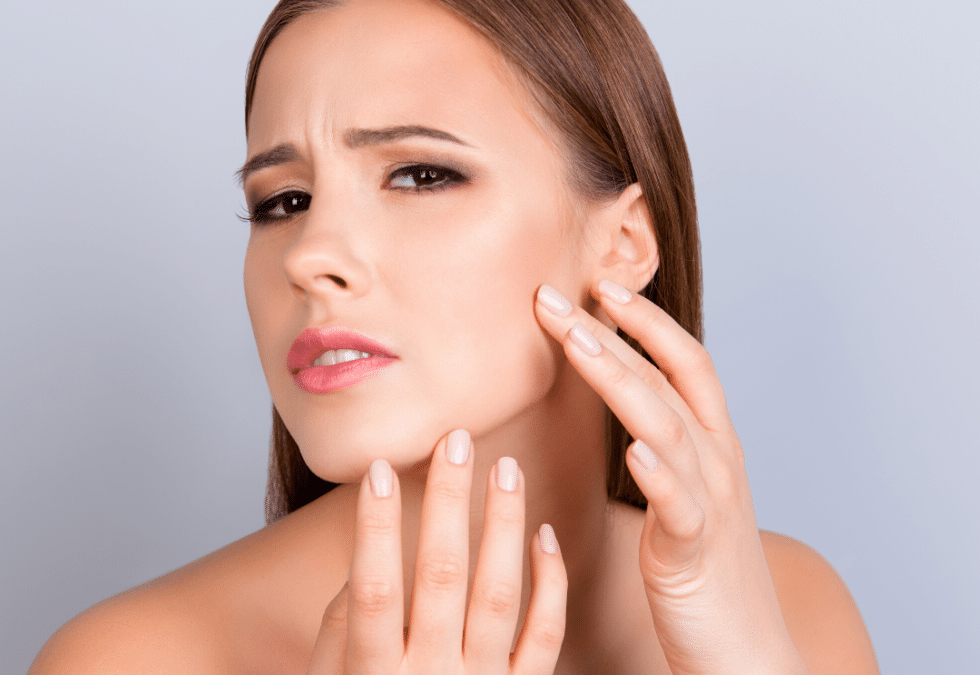Do you think you have dry skin? Many people don’t think they do.
Drinking water is very important for many functions of the body and cellular activity, but water does not usually make it above the fat layers of the skin. In addition, excessive water is eliminated though the kidneys, sweat glands, and stools.
Dry skin can be the result of Omega 3 deficiency, due to a lack of fatty acids in one’s diet.
Hormonal changes are also a well-known reason for lack of skin moisture. Estrogens encourage the right balance of oils in the epidermis. They are responsible for elastin and collagen production. A decrease in estrogens makes the skin less elastic, and the diminished collagen fibers encourages wrinkles to form. Five years into menopause results in a 30% collagen loss.
An impaired skin barrier can also be responsible for dry, damaged skin.
The skin is made up of: epidermis, dermis, and fat layers. The upper layer of the skin is protected by the stratum corneum. This is comprised of ‘dead’ skin cells held in place by a sort of glue that keeps them from flaking off too quickly. A healthy amount of stratum corneum is key to not allowing excessive moisture to escape the epidermis.
Excessive exfoliation done at home with electric brushes or using harsh peels without a skin specialist’s advice can damage this delicate barrier.
An impaired skin barrier can lead to dryness, skin irritation, redness, and premature aging.
So, how can we improve dry skin?
- A healthy and balanced diet can help the skin and our general health.
- A balanced hormonal level can feed the skin with beneficial collagen and elastin.
- A medically supervised home skin-care regime will protect the outer layer of your skin and save your wallet from unnecessary and expensive ‘miracle creams’. See DrD’s Dry Skin Care Regimen for optimum results.
Love your skin.

